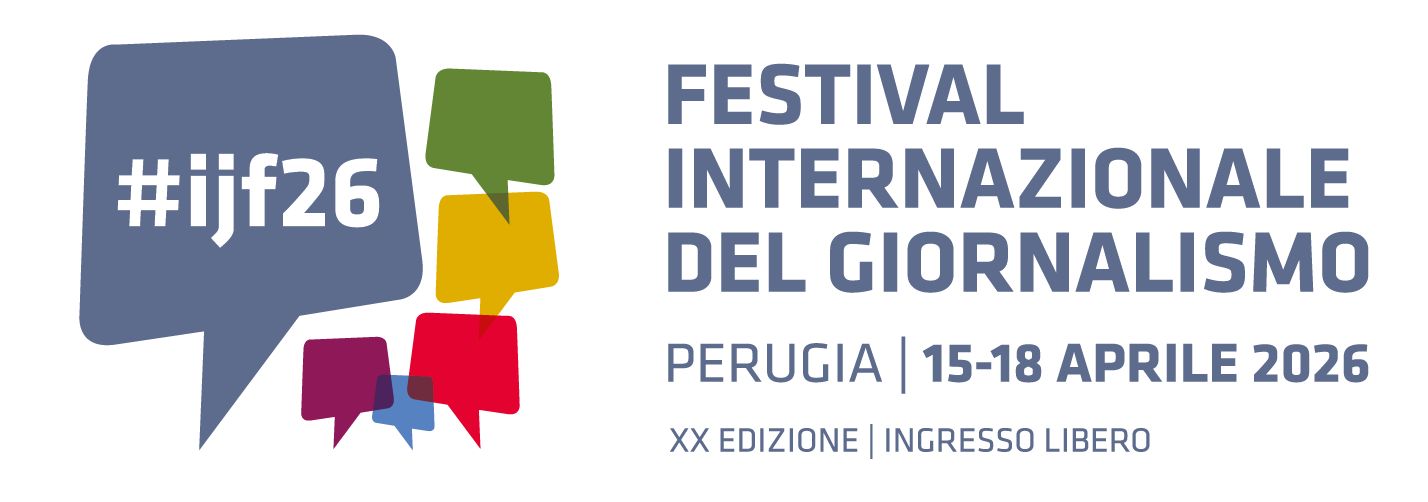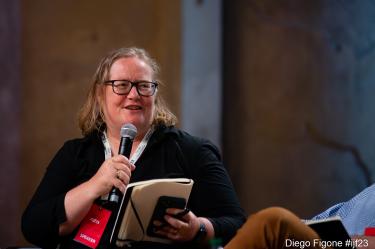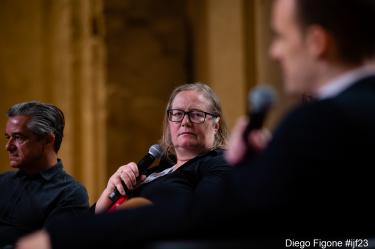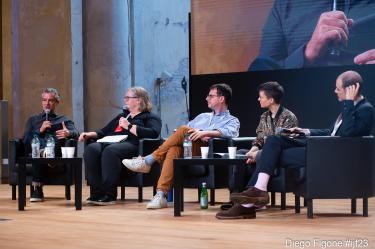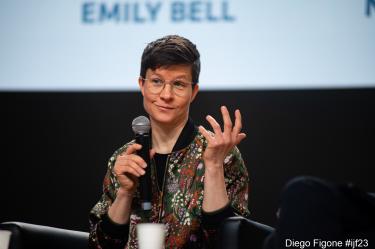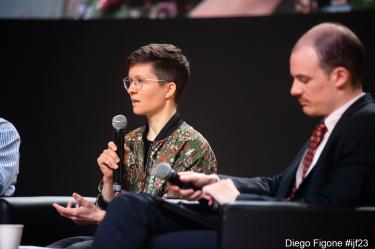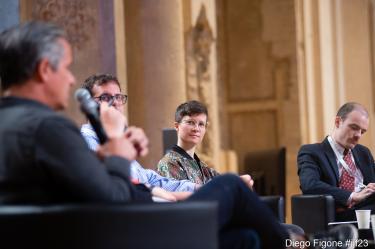If you attended any news conference in recent years, one thing will have stuck out: almost everyone seems to be excited by the possibilities of using artificial intelligence for journalism. And indeed, AI looms large in modern-day newswork. Journalists the world over nowadays rely on AI to quickly translate or transcribe text and audio, parse through large data sets or moderate comments. On the business side, AI informs the work of those trying to better understand news audiences and to fine-tune dynamic paywalls. In short, AI is already all over the news and its use is only likely to increase, not least thanks to ever-more advanced large language models such as OpenAI’s ChatGPT. Yet there is a catch—one that has gone largely unacknowledged by the media and its consumers. All this work with AI in the news comes at a cost. Most of the AI tools, services, or the infrastructure required to develop and run them are not owned by news organisations. Instead, they are often concentrated in the hands of a few powerful technology and platform companies such as Google, Microsoft, Amazon, or Meta.
This is the proverbial elephant in the room when it comes to AI in the news. To date, platform companies’ power over news organisations has mainly stemmed from their control over the online advertising market and the channels of distribution. They also exert soft power by funding journalism projects and research, and they are often involved in lobbying efforts. AI, however, potentially adds a new lever of control. By providing infrastructure, services, and tools that matter for all sides of news organisations’ operations, they can embed themselves even deeper within the production and distribution of news. But what effect will this have on the news?
Our panel brings together five experts to explore this question. Points we will address are, among others: Is AI really making publishers more dependent on platforms and technology companies? What are news organisations’ strategies in dealing with platform companies’ position of dominance in AI? Will the use of AI provided by these companies make news organisations more dependent on them? What does this mean for democracy and the public? And what might be ways of pushing back?
The idea is to spur a debate about the benefits and risks of relying on AI provided by technology giants and discuss with the audience ways in which news organisations can and should react to this development.
